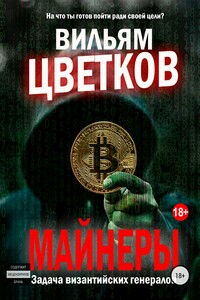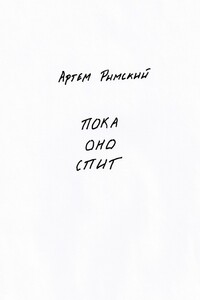‘That is a textbook answer.’ He straightens his neck. Smile gone. ‘You said you remembered the inmate, Michaela Croft talking suddenly in a Scottish accent, about her mentioning Father Reznik. And then you say he was a former intelligence officer. You even say you recall codes, numbers that you do not remember learning.’
‘Yes.’
‘Think about it. The beating, for example. Your memory is recalling an event, a traumatic incident. An incident that, in my opinion, could not have occurred as you recall it. A fabrication.’
‘No. This is not make-believe.’ A bird lands on the window ledge, beats its wings, rapid, frenzied, as if it were about to topple. Then it falls still, takes two steps, flies away.
‘You said Michaela also mentioned something called Callidus.’
I turn my head from the window. ‘Yes.’
‘Are you sure?’
‘I know what I know.’
‘You see, Maria, here’s where I have a problem. How could Michaela have ever known about Father Reznik? And this Callidus? Our brain can change what we remember-it is how we cope with trauma. So, in the end, what we think happened is different to what actually occurred. And we recall people as different to how-or who-they really are.’
‘No. You are wrong. With this, you are wrong. I know my facts. I know what has happened.’
‘You are questioning a scientific theory? You? A doctor?’
‘No, I…’ I falter. What is he trying to do to me? To my mind, my sanity? ‘I understand the science,’ I say, voice quiet.
‘So understand that it applies to you. That perhaps your memory is not what you believe it to be. Take your notepad. You say you write everything down-it’s your obsession. But to say you don’t recall learning the data you have recorded is absurd.’
‘That’s not true.’
He smiles. ‘No? Then, Maria, there’s only one conclusion.’ The smile vanishes. He narrows his eyes. ‘The information you are recording is purely made up.’
‘What? No!’ I tap my hands now hard on my lap. Banging. I don’t like him, this so-called therapist. He cannot continue to voice these types of opinions. No one understands me. No one.
Kurt sits forward. ‘I know this is difficult for you to see, the complex emotion involved, but, Maria, as a doctor, ask yourself this: is your memory reliable?’ He searches my face. ‘How can you believe what you heard that day in the cell? Our memories encode events. Our memories can change facts into something else. That’s how they store the data, how they process everything we see and do-by modifying it. There’s simply too much to cope with otherwise.’ He tilts his head. ‘For example, say there was a loud bang. Our brain may convert that sound into a colour, instead, and that is how we remember it-as a colour, not a sound. We may even forget the bang altogether. To that end, how can you be certain, for example, that your mind hasn’t altered a London accent into a Scottish one, plucked a long-distant name from the air, in order to protect itself from trauma? In order to cope?’ He pauses. ‘How do you know if this intelligence officer thing is true?’
My hands go still, my breath rasps, unsteady. I am suddenly beginning to doubt myself. ‘What…what are you saying?’
‘I am saying that you have been traumatised by your prison experience. Your brain has encoded the beating, has changed it and stored it as something different, and so now, when you attempt to recall what happened, you remember it in another way. Your mind has created a new memory.’
‘You…’ But I close my mouth, as if the words have all dried up, a desert, just sand, tiny grains of sand. I want to cry, but I can’t.
Kurt leans forward. ‘Would you like some water?’
I shake my head, too scared to speak, not trusting that my own voice will remain calm. Not trusting that my hands won’t find his neck.
Kurt pours a drink for himself. The liquid trickles into the tumbler, and the curve of it reflects in the sunlight, wobbling water on the wall, a swirl of blue and lemon. Fresh. Innocent. As he holds the glass, I force myself to look at it. It is still the same glass. There. Real. But what Kurt said, the science of the memory, it has touched me, entered my hardwiring, my internal computer system now, and I cannot let it out. Because what if he is right?



